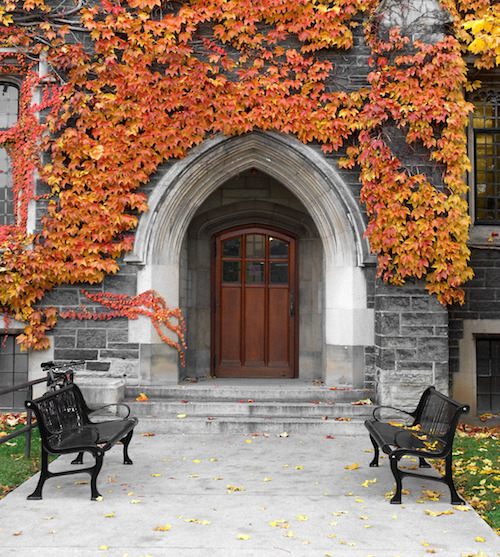The summer no one could wait to start has come to an end all too soon. The result is a mix of starts, stops, and things staying the same that leave us in a place a little like last year, but not quite. Let’s review:
What hasn’t changed. Most colleges with a test-optional admissions policy last year have left that option open for students this year. State law requires Florida and Georgia state schools to use testing as an admissions criteria, and a handful of other schools have gone back to the testing requirement. But the cancellation of testing dates in August may leave policy makers little choice but to suspend those statutes, if only for this year.
Most college applications still invite the student to write about their COVID experience, and how it may have affected their academic, extracurricular, and personal lives. While most colleges leave this as an optional essay, wise students know “optional” translates into “if you really are interested in coming here, answer this question.” Students would also be wise, as they were last year, to make sure to write about something non-COVID in any other essay. The pandemic has been a game changer, for sure, but colleges are eager to hear about all parts of a student’s life. A mix of essay answers achieves that.
What has changed. High school seniors are likely to find more colleges welcoming them for campus visits. The online tours used last year proved to be wildly popular, and will still be used by most colleges as well. Since some colleges have already modified their plans to offer on campus classes, students wanting to do an in-person visit may want to book their visits early, as this option may disappear in a matter of weeks.
The same is true for the traditional high school visit, where colleges came to talk to students. More of those are in place as well, but many colleges found they could reach more students—particularly the highly underserved rural and urban students—with online meetings. Look for those to remain included in the mix.
What’s new. This year’s college applicants can submit their work knowing that most colleges with test optional policies have had a year to learn how to read an application that has no test scores. This makes it easier for colleges to tell students just what they’re looking for in a test-free application, something many couldn’t say last year. Be sure to ask your college rep about this, if they don’t share that information with you in a presentation.
Counselors report most of the changes in this year’s version of Common App are somewhat minor, with the exception of CA’s requirement that students must include their Social Security Number. While this raises concerns with privacy advocates, colleges feel the addition will serve as a vital tool to link the admissions application with the financial aid application, a step that becomes even more important during the pandemic.
A couple of new free tools have popped up for counselor use. Statistics maven Jon Boeckenstedt from Oregon State has created a new graph of what colleges offer a specific major, and how many degrees the college awarded in that major last year. The source is free, and is receiving rave reviews.
Another free resource is a curriculum for a class I wrote allowing seniors to search and apply for colleges and scholarships during the school day. There'll be more on this next week, but if you can’t wait, click here to access what 1350 counselors downloaded the first week it was available.

Great resources! Thank you!
ReplyDelete